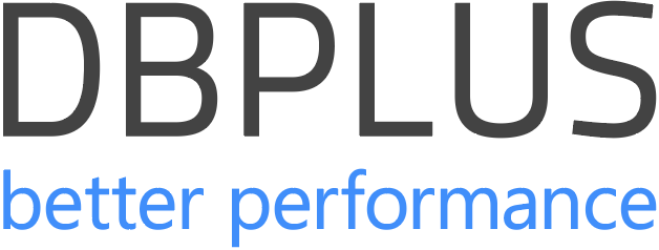What kind of cloud?
The choice of this solution is a strategic decision. Before selecting a specific cloud service provider, the client should define their needs, choose the appropriate service provision model (IaaS, PaaS, SaaS), and look into solutions for monitoring the performance of the service provided (SLA), in order to be certain that they are paying for what they have ordered in the agreement.
When assessing solutions, it is necessary to take into account:
- the possibility to define unified or separate database resources
- the possibility to optimise the performance of these resources at the database level
- methods of managing infrastructure on-premises and in the cloud
- the possibility to integrate various technologies and database versions with external monitoring tools
The increase of information collected in companies and an awareness of complex business processes means that the demand for rapid exchange of business information is growing. This demand is being met by tools for data replication, regardless of the equipment used or operating system, including in computing cloud environments.
The market for cloud solutions is developing fast, although it is sometimes hard to convince business users that data can be stored somewhere other than in an accessible, physical location. Business people however are warming to the service model, as the amount of data is growing, and access in the cloud is possible from any device. The use of cloud solutions often does not require the company to possess its own IT infrastructure.
The ever-growing cloud
This is especially true in the start-up market, which is increasing using cloud solutions; renting space in the cloud for a few months does not entail any investment in equipment or infrastructure.
| Globally, the cloud model is becoming increasingly popular with small businesses, which buy servers in the cloud, even for a short time, and replicate business data among suppliers every few months, searching for the best solutions and prices. |
Migration and replication
Ensuring the accessibility of data is increasingly important, and the number of companies using solutions for monitoring and replicating or migrating data to new database systems is growing, including to database systems ensuring high performance and high accessibility of transactional systems or of specific reporting applications.
| This is particularly true of critical business systems, in which the replication strategy ensures a second, functioning copy of the data which takes on the role of a production system of reporting system (Operational BI) which does not place a burden on the performance of the main system. |
DBPLUS also offers data migration services for users who want to move from physical platforms to the cloud, or who want to consolidate business data from different Oracle and Microsoft platforms.
Real-time data replication
Companies cannot afford the downtime associated with transactional systems being overloaded with tasks such as entering data into data warehouses or ad hoc reporting for business analysts.
Neglect or absence of optimisation of database system performance, whether it is a private, public or hybrid cloud, will always result in a lowering of the quality of the services provided by the client’s business systems.
